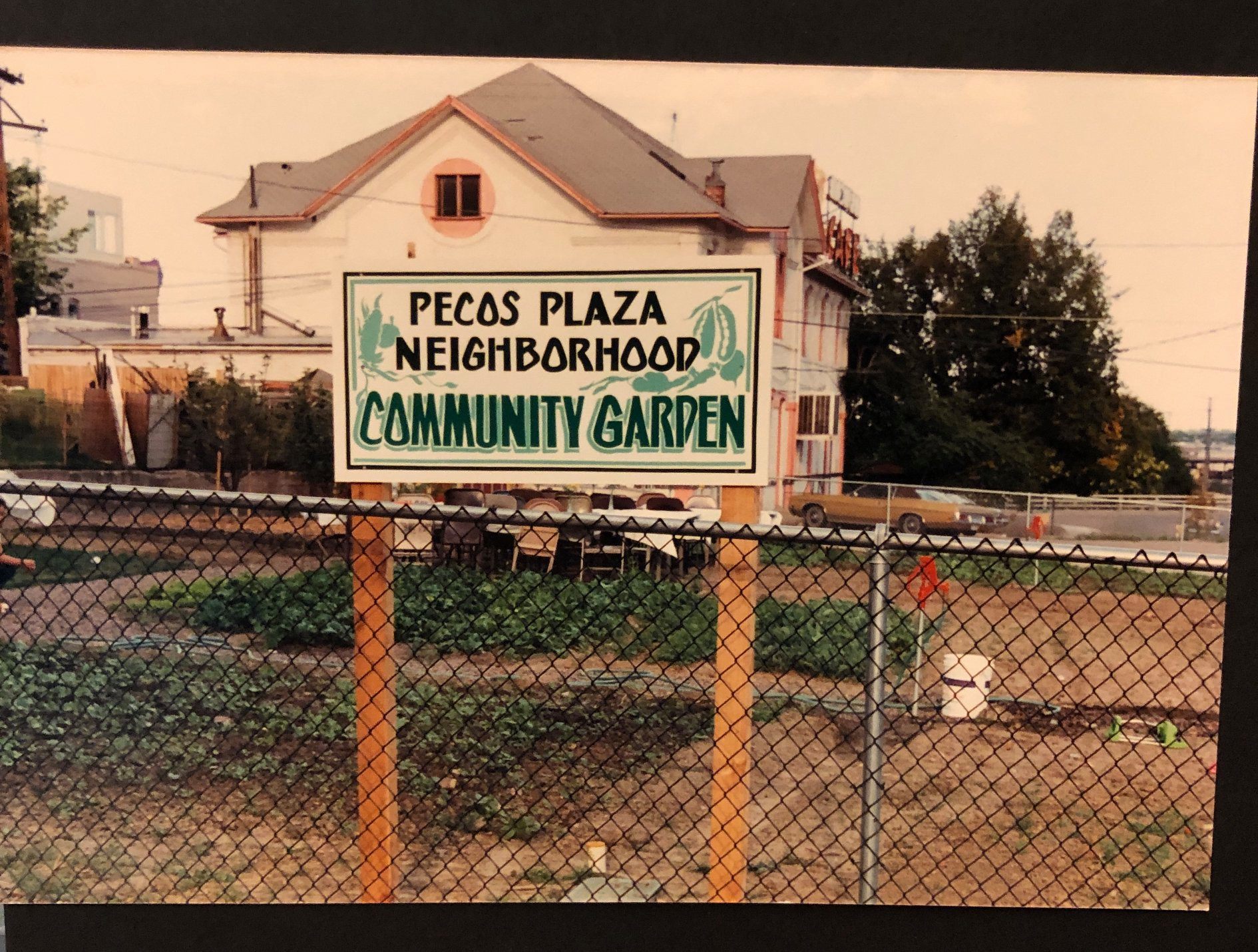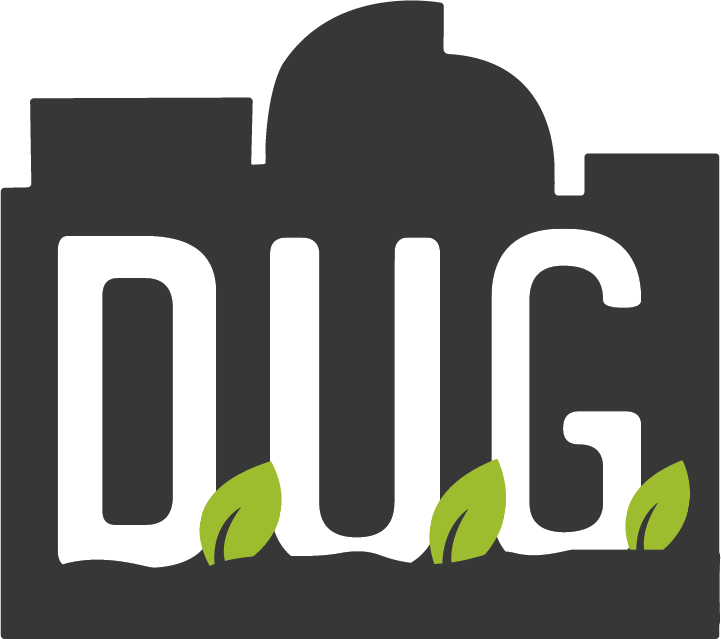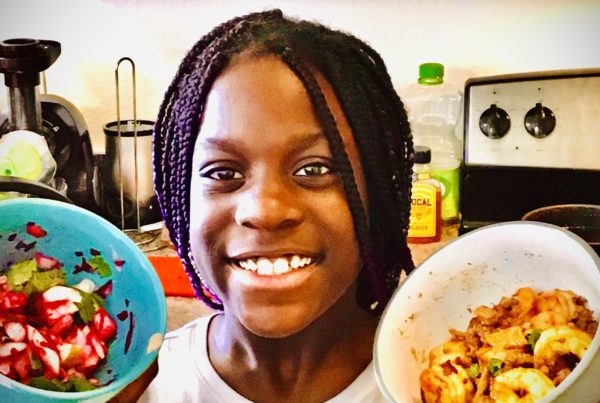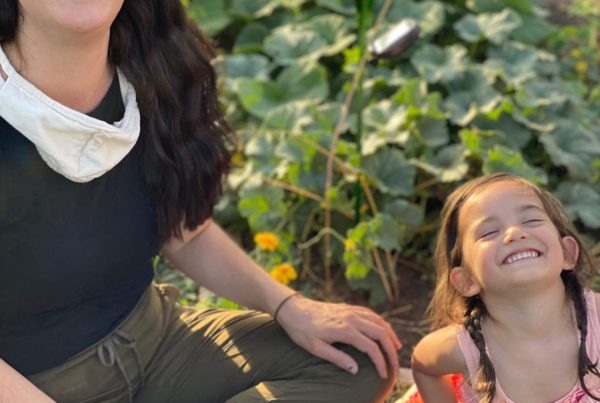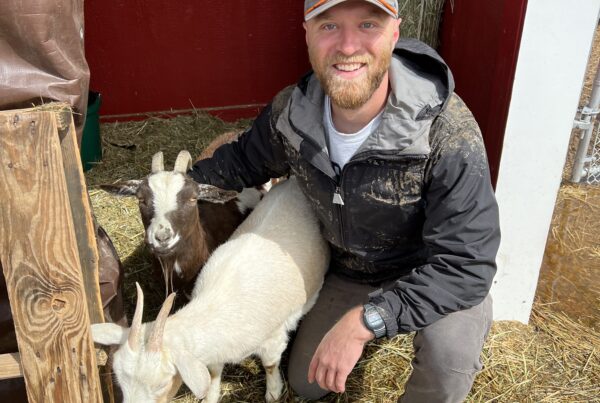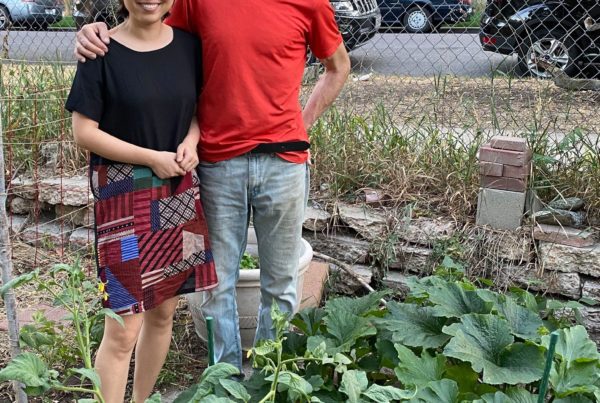#3: Meet Marty, Pecos Community Garden
Marty is a North Denver community and social justice activist and a pioneer of Denver’s urban garden landscape. The first community gardens were started when a group of Hmong women knocked on Marty’s door looking for a place to grow food. Together, they transformed a church parking lot in Denver’s Highlands neighborhood into the Pecos Community Garden.
Marty went on to help establish DUG’s three founding gardens: the Pecos, Shoshone, and El Oasis Community Gardens. She helped begin Denver Urban Gardens in 1985 with the vision of protecting the city’s open green spaces by creating sustainable, food-producing neighborhood community gardens. Today, the flourishing Pecos Community Garden is still gardened by the original Hmong families who emigrated to the US in the late 1970s as refugees of the Vietnam War. They use their culture’s traditional horticulture and farming practices to grow a bountiful harvest every season.
“The priority for the Pecos garden was having the earth to grow the food. We didn’t need anything else, nothing fancy. The Hmong women and I have been together since 1979. We are like family. Every decision is made by consensus. Every year, all of the Pecos gardeners gather at my kitchen table to make the upcoming season’s decisions. There is no hierarchy. Every gardener is equal and respected.
‘Community’ is the key word here. This garden is the people’s garden. The gardeners are the ones that work the earth and take care of the land, so the garden belongs to them. I always tell my gardeners, “This is your safe haven, you own it.” When the Hmong people first came into the garden with all of the violence and losses they endured, you could feel the Earth healing them. Spiritually, the garden makes you grow. It connects you with Mother Earth. I can feel the spirit so strongly when I’m in the garden. Being with the Earth is like getting counseling. We cry and put our worries into the Earth. You work out your worries and problems in the garden, you undo the knots in your mind. Everything is alive. The garden taught me how to perceive and see what is in front of me. The Hmong gardeners taught me that every plant has a purpose and every part of the plant is a gift. There is no such thing as a weed. A ‘weed’ is just something we don’t want in our own gardens. The community garden is a beacon of equality. We all feel safe here. It gives us friendship and it gives us community.”
